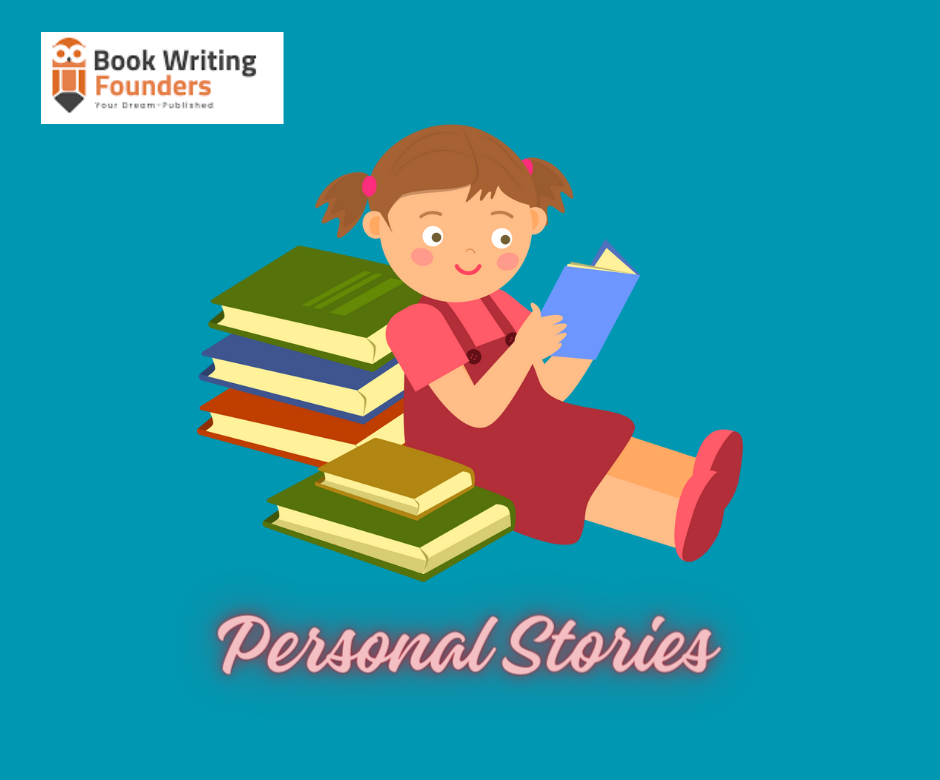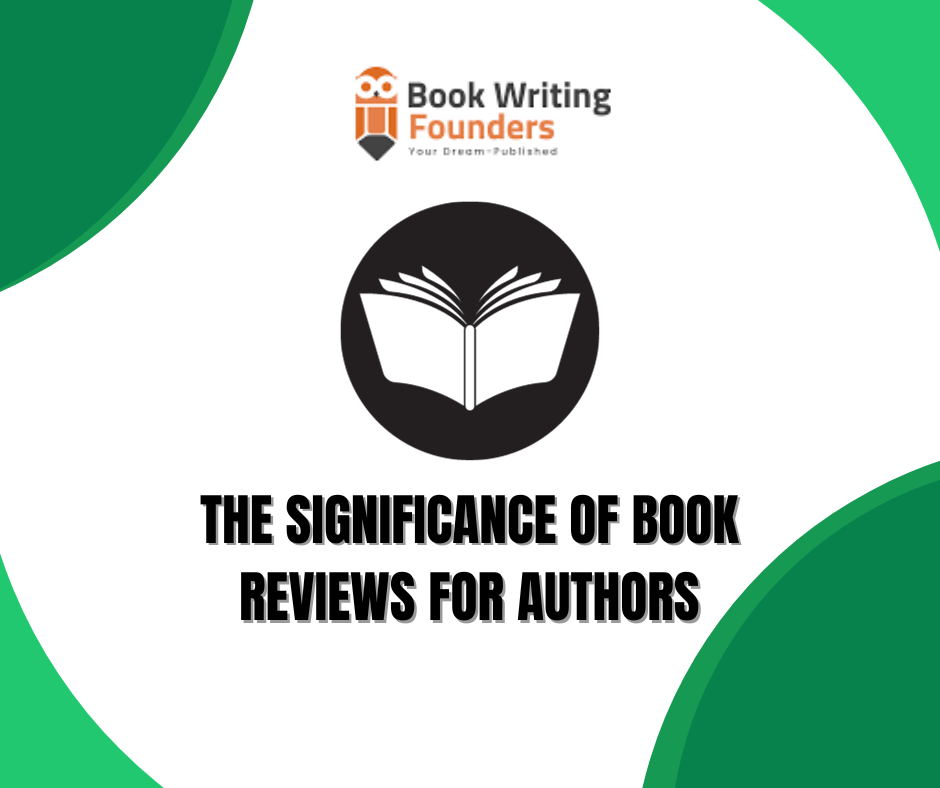
Book
Writing has always felt personal; neither the writer nor the reader gets to see what’s happening in the writer’s mind. This is especially true when writing an account. You’ll not only get into the details of your thoughts, but you’ll also give yourself feedback on your life as you write it down.
An autobiography is a genre of literature where an author writes about their own life story. It is a form of non-fiction where the writer shares personal experiences, memories, and feelings in their own words.
That does sound a little awkward, doesn’t it? Still, this type of non-fiction has one of the greatest audiences. Also, no matter how hard it is for you to write your story, it will inspire other people as soon as it gets to them.
People often think that only someone who has had a successful job and is well-known for it should write a biography or, more specifically, an autobiography. This is not at all true. Yes, that person might be very good at inspiring their readers and friends, but anyone can do it.
That’s right—what inspires you is how you tell your life story, not always how popular it is. Whether famous or not, everyone faces challenges and finds ways to overcome them. That’s the heart of every interesting beginning.
What is an Autobiography? Everything in Detail:
The word “autobiography” is derived from the Greek words “autos,” meaning self, and “bios,” meaning life.
The author reflects on various aspects of their life journey, including significant events, relationships, challenges, achievements, and personal growth.
Autobiographies are typically written in the first person, using the author’s perspective and voice. They offer readers a unique opportunity to gain insights into the author’s personality, motivations, and lived context.
It can cover many themes, such as family, career, education, love, and societal influences. Authors often share intimate details of their lives, making the genre a powerful means of self-expression and self-reflection.
The structure of an autobiography can vary, but it generally follows a chronological order, starting with the author’s early life and progressing through key life events. Some autobiographies may also employ a thematic approach, organizing the narrative around specific topics or periods in the author’s life.
Purpose of Autobiography
The purpose is to provide an intimate and authentic account of the author’s life, offering insights into their thoughts, perspectives, and inner journeys. Autobiographies allow readers to gain a better understanding of the author’s experiences and can provide inspiration or lessons for others.
Content of Autobiography
Autobiographies often cover a person’s life or a specific period. They can dive into various aspects such as childhood, relationships, careers, struggles, achievements, and personal growth.
The content largely depends on the author’s choice and intention in writing the book. Some authors might choose expert autobiography writing services to highlight their accomplishments or discuss their personal life experiences and how they overcame various obstacles. Others might like to write it on their own.
Importance of Autobiography
Autobiographies are essential to literature and offer a unique perspective on a person’s life. They can be used as a source of inspiration or a lesson for others. It is also significant for documenting a person’s life or era, which can be useful for historians or journalists.
Examples of Personal Stories as Autobiography:
Here are some famous examples compiled by Book Writing Founders to help understand
“The Diary of a Young Girl” by Anne Frank:
This powerful and poignant is a firsthand account written by Anne Frank during her time in hiding from the Nazis during World War II.
“Long Walk to Freedom” by Nelson Mandela:
Nelson Mandela’s autobiography chronicles his extraordinary life, from his childhood in rural South Africa to his years as an anti-apartheid activist and his eventual presidency.
“The Story of My Experiments with Truth” by Mahatma Gandhi:
This explores his life, philosophy, and struggles during India’s struggle for independence.
“Angela’s Ashes” by Frank McCourt:
Frank McCourt’s memoir tells the story of his difficult childhood growing up in poverty in Ireland and his journey to overcome adversity.
“Educated” by Tara Westover:
Tara Westover’s memoir recounts her unconventional upbringing in a strict and isolated Mormon household and her quest for education, ultimately leading to her earning a PhD from Cambridge University.
“Bossypants” by Tina Fey:
Tina Fey’s humorous writing style provides a behind-the-scenes look into her life, from her early days in comedy to her success as a writer, actress, and producer.
Key Points to Remember:
After you’ve thought about why you want to write your story, the only thing left to do is start writing. It’s time to write your story.
Learn About the Genre:
You can get a feel for how memoirs are written by reading them. The memoirs of Benjamin Franklin, Katharine Hepburn, Maya Angelou, Nelson Mandela, and Billy Graham are some of the most well-known.
Pick an inspirational person or group of people (like a famous person, a sports icon, a historical figure, etc.) and read a few examples of them. This will help you pick the best genre trends and style for your story.
Think About Your Objective:
Knowing who will read your book will help you organize and tell your story. People in your family will already know many of the places and people you write about, so you don’t need to go into as much detail when writing for them as when writing for everyone else.
Also, sharing your thoughts and specifics about events can help family members see things from a different angle and even help settle disagreements and conflicts within the family.
Recall Your Memory:
Here are some ideas to help you remember:
- Look at pictures of your family.
- Talk to your family, friends from school, parents, and grandparents.
- Read through letters, notebooks, notes, and emails.
It might also help to think about certain times or events from your past to help you remember, such as:
- Days in preschool
- Years of elementary school and high school
- High school or college
- Events of note
- Love life, dating, and getting married
- A Career
- Years of retirement
- Your family tree
- Friends and family
- Away trips, places you’ve lived, and your favorite foods and recipes
- Holiday customs
- Achievements and awards won
Key Characteristics and Profound Details
| Aspect | Details | Additional Notes |
|---|---|---|
| Definition | Autobiography: An author’s own life story written in the first person | Focuses on personal experiences, memories, and feelings |
| Importance | Essential for literature, inspiration, and historical documentation | Useful for historians, journalists, and readers seeking inspiration |
| Purpose | Provides intimate insights into the author’s life and thoughts | Encourages self-reflection and offers lessons to readers |
| Content | Covers life events, struggles, achievements, and personal growth | Varies based on the author’s choices and intentions |
| Structure | Typically chronological, can be thematic | Reflects significant events and personal development |
| Examples | Anne Frank, Nelson Mandela, Mahatma Gandhi, etc. | Demonstrates the diversity and impact of autobiographical works |
| Key Points for Writers | Learn the genre, determine objectives, recall memories | Essential steps for writing a compelling autobiography |
Conclusion:
As you start to remember the important parts of your life, you might be surprised to find that the events and people you remember all have something in common. A good autobiography has a main idea that runs through the story of the author’s life. If you want to write about your life, consider how to keep this idea going as you write.





